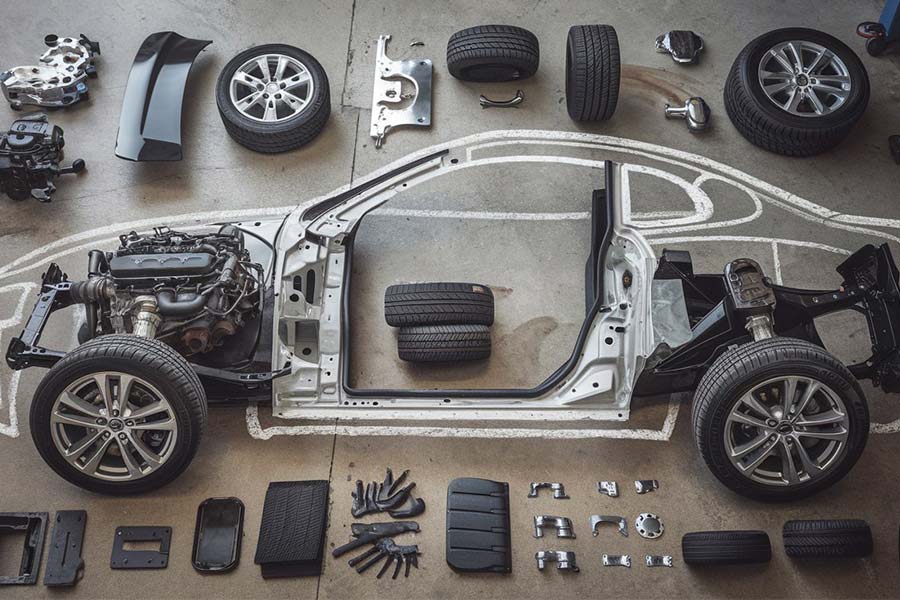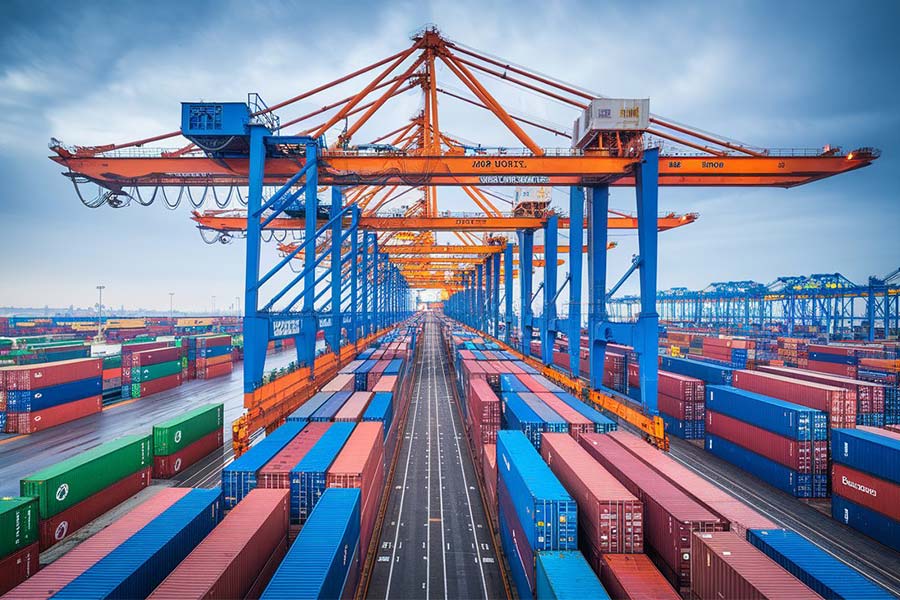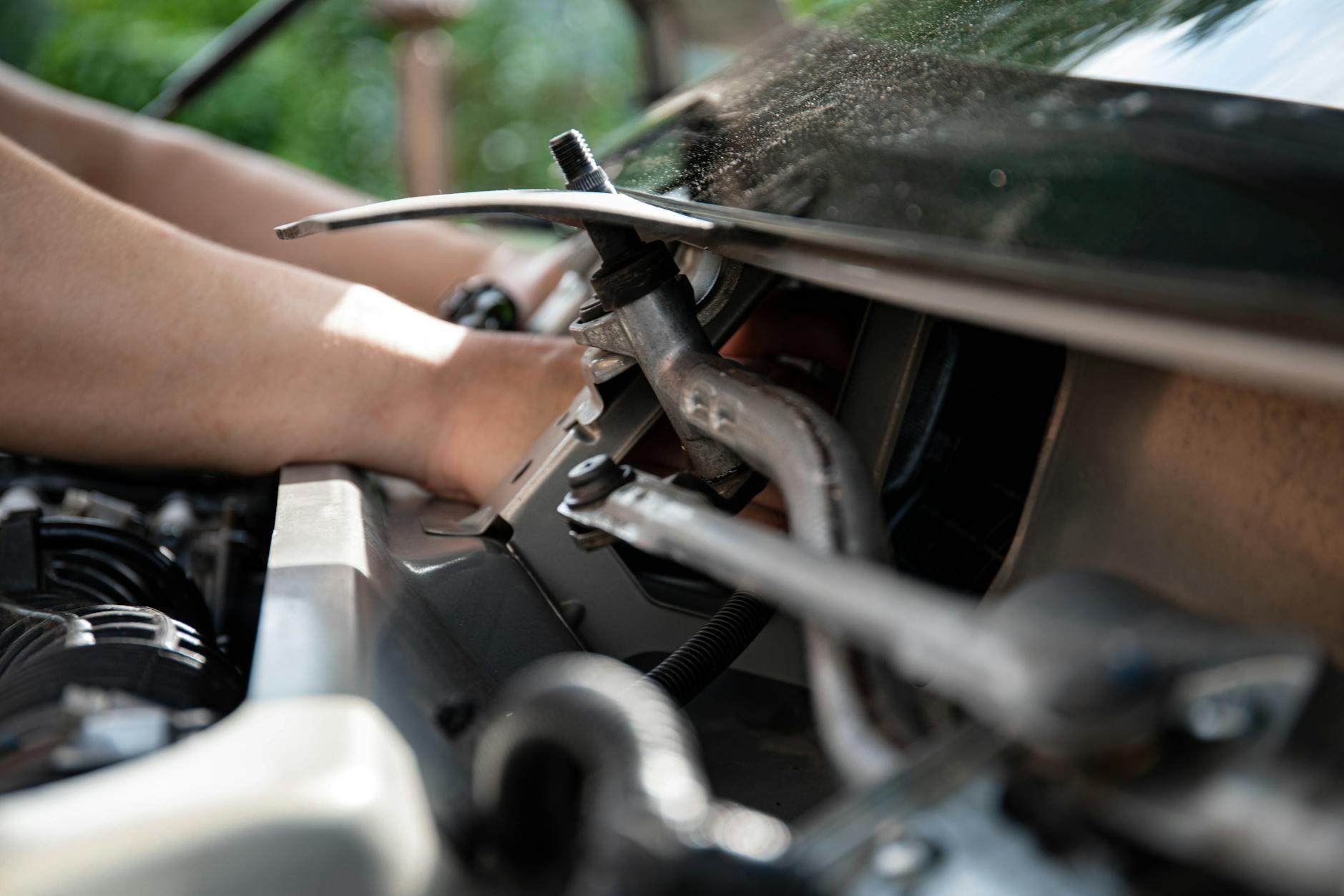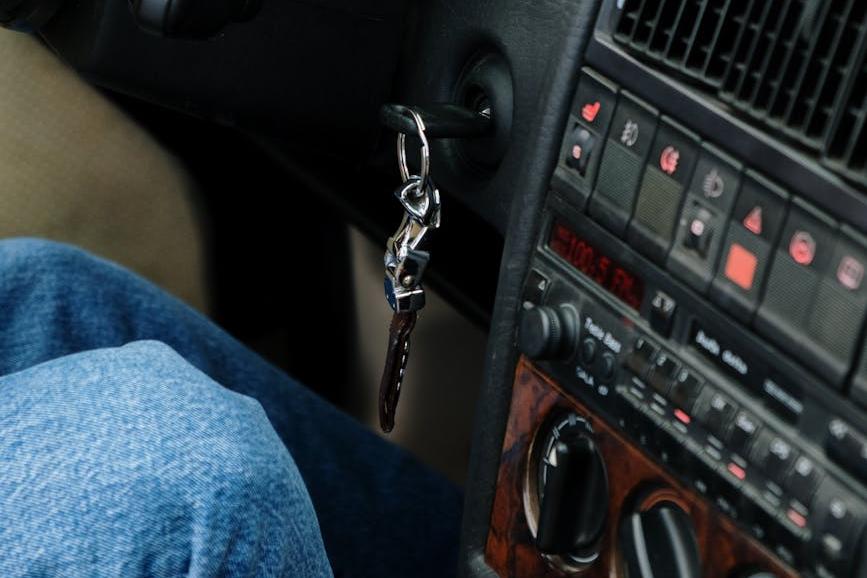- Shanghai Zhongshen International Trade Co., Ltd. - Two decades of trade agency expertise.
- Service Hotline: 139 1787 2118
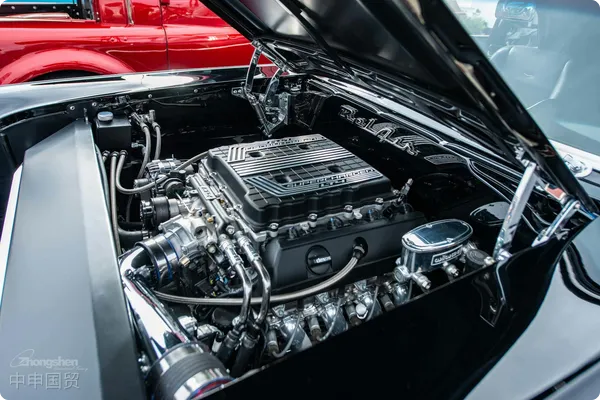
Against the backdrop of deep integration in the global automotive industry chain, importsAutomotive partsHas become a key player in China's automotive aftermarket and OEM supply chain, as well as...New energyAn important segment in the field. With 20 years of...foreign tradeAs a practitioner with agency service experience, I deeply understand the importance of choosing a professional auto partsImport RepresentationThe importance of corporate supply chain stability, cost control, and compliance risk mitigation. This article will provide systematic selection criteria for enterprises based on industry pain points and solutions.
1. Industry Status and Core Pain Points
1.High supply chain complexity
The automotive parts category encompasses tens of thousands of SKUs, including powertrain components, electronic systems, body panels, and more, involving various regional standards such as EU, North American, Japanese, and Korean specifications (e.g., DIN, SAE, JIS). Certain precision parts (e.g., sensors, ECUs) have stringent requirements for temperature-controlled transportation.
2.High-risk areas for compliance violations
- Tariff classification disputeFor example, the classification differences between brake pads (HS 8708.30) and brake system assemblies (HS 8708.50) may lead to a 5%-10% fluctuation in tariff costs.
- Technical Barriers: The EU REACH regulation's requirements on the chemical content of rubber components and the U.S. EPA's standards for fuel system emissions necessitate that the agency possesses the capability to review technical documents.
3.The dilemma of balancing timeliness and cost
Post-pandemic eraInternational LogisticsVolatility has intensified, such as the Red Sea crisis in 2023 impacting the Europe route.Maritime TransportationThe extension of the cycle by 15-20 days has imposed significant pressure on automotive parts enterprises operating under JIT (Just-In-Time) supply systems.
II. Seven Core Dimensions for Selecting an Agency Company
1. Qualifications and industry vertical expertise
- Hard threshold:It is necessary to verify whether the enterprise holds Customs AEO Advanced Certification and ICP qualification (Cross-border E-commerceEssential for import), as well as those issued by the Ministry of Commerceimport and exportPower certificate.
- Industry-specific experience: Prioritize agents with experience in handling similar products (e.g., importers of new energy three-electric systems should be familiar with UN38.3 certification and the lithium battery transportation evaluation report process).
Stories: A German-funded transmission company experienced a customs inspection rate of 30% due to its agent's lack of AEO certification. After switching to an AEO-certified agent, the inspection rate dropped to below 5%.
2. End-to-end supply chain management capability
- Customized logistics solutions: For high-value precision components (such as LiDAR, high-voltage wiring harnesses), a temperature and humidity-controlled container with full GPS monitoring is required; for bulk metal parts (such as wheel hubs, exhaust pipes), the container loading rate needs to be optimized.
- Emergency Response System: Verify whether there is an alternative port contingency plan (such as switching to Tianjin Port when Qingdao Port is closed due to weather) and the capability for overseas warehouse allocation.
3. Maturity of Compliance and Risk Control System
- Capability of pre-classification of tariff: Request the agent to provide the "Commodity Classification Opinion Letter," clearly stating the classification basis for key components such as turbochargers (HS 8409.99) and vehicle-mounted cameras (HS 8525.89).
- Technical Regulation Pre-inspection: For U.S. DOT-certified components, it is necessary to verify compliance documents with FMVSS standards, while for the EU CE marking, the validity of E-mark certification must be confirmed.
4. Cost Optimization Model
- Tariff planning capability: Leverage free trade agreements (such as RCEP's tariff reductions on ASEAN-origin components) and cross-border e-commerce models (like the bonded warehouse 1210 model to reduce capital tie-up).
- Breakdown of logistics costs: Request the agent to provide a detailed quotation including THC (Terminal Handling Charge) and ISPS (International Ship and Port Facility Security) surcharges to avoid hidden costs.
5. Digital service capabilities
- Real - time tracking system: Check whether API data integration is supported, such as synchronizing customs clearance status to the corporate ERP (e.g., SAP MM module) via the EDI system.
- Data Analysis Report: Provide data products such as "Import Time Efficiency Analysis" and "Inspection Hotspot Alerts" on a quarterly basis.
6. After-Sales Service and Dispute Resolution
- Quality Damage Compensation Standards: Clarify the accountability rules and compensation ratio for transportation damages (such as glass components, lamp housings).
- Legal Support Team: Emergency response capability to handle intellectual property disputes (such as suspected infringements involving vehicle logos or patented suspension systems).
7. Deep Industry Resource Network
- Overseas direct procurement channels: Have direct partnerships been established with Tier 1 suppliers such as Bosch and Denso to shorten the procurement chain?
- Government relations network: During the pilot import of high-value-added components (such as Level 4 autonomous driving parts), could coordination with the local customs be arranged for tax policy research?
III. Three Key Actions for Risk Avoidance
1.Conduct a "mock customs clearance" test.
Request the agent to conduct pre-confirmation of HS codes for the first batch of goods and verify the list of regulatory documents (such as CCC exclusion certificates, energy efficiency label exemption declarations).
2.Sign the "Full Risk Underwriting Agreement"
Covering additional taxes and fines due to misclassification, demurrage fees caused by documentation flaws, with an agreed maximum compensation ratio (recommended to be no less than 80% of the cargo value).
3.Establish a tripartite communication mechanism among suppliers, agents, and customers.
Hold weekly meetings among the technical, customs, and logistics teams, with a special focus on regulatory changes such as the EU's New Battery Regulation (effective in 2024) and the U.S. Uyghur Forced Labor Prevention Act (UFPLA).
IV. Industry Trends and Forward-Looking Choices
As the penetration rate of new energy vehicles exceeds 35%, it is recommended to focus on agencies' layouts in the following areas:
- Import experience of three-electric system: UN38.3 test report for power battery modules (HS 8507.60), energy efficiency certification for motor systems.
- Intelligent accessory service capability: Import licenses for ADAS cameras and millimeter-wave radars (SRRC certification required if involving radio transmission characteristics).
- Carbon Neutrality Solutions: Provide value-added services such as carbon footprint accounting and green shipping (e.g., Maersk's methanol-powered vessels).
Conclusion
Selecting an automotive parts import agent is essentially choosing a strategic supply chain partner. Enterprises must move beyond a "price-comparison mindset" and conduct a comprehensive evaluation across three dimensions: building supply chain resilience, constructing compliance moats, and managing total lifecycle costs. It is recommended to adopt a three-phase model—"small trial orders, data validation, and strategic partnership"—to gradually establish in-depth collaboration.
Related Recommendations
Category case
Get in Touch
Email: service@sh-zhongshen.com
Related Recommendations
Contact via WeChat

? 2025. All Rights Reserved. Shanghai ICP No. 2023007705-2  PSB Record: Shanghai No.31011502009912
PSB Record: Shanghai No.31011502009912
